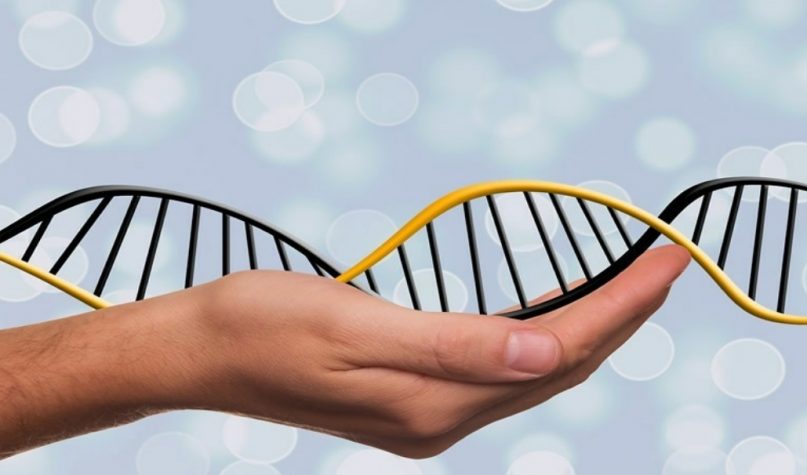
The study also highlights some notable exceptions, including Crohn’s disease, celiac disease, and macular degeneration, which have a genetic contribution of approximately 40 to 50 per cent. The image is in the public domain.
A new study reports disease such as cancers, Alzheimer’s disease, and diabetes may have a genetic contribution of 5-10% at most.
In most cases, your genes have less than five percent to do with your risk of developing a particular disease, according to new research by University of Alberta scientists.
In the largest meta-analysis ever conducted, scientists have examined two decades of data from studies that examine the relationships between common gene mutations, also known as single nucleotide polymorphisms (SNPs), and different diseases and conditions. And the results show that the links between most human diseases and genetics are shaky at best.
“Simply put, DNA is not your destiny, and SNPs are duds for disease prediction,” said David Wishart, professor in the University of Alberta’s Department of Biological Sciences and the Department of Computing Science and co-author on the study. “The vast majority of diseases, including many cancers, diabetes, and Alzheimer’s disease, have a genetic contribution of 5 to 10 percent at best.”
“Deoxyribonucleic acid (DNA) is a molecule composed of two chains that coil around each other to form a double helix carrying genetic instructions for the development, functioning, growth and reproduction of all known organisms and many viruses. DNA and ribonucleic (RNA) are nucleic acids; alongside proteins, lipids, and complex carbohydrates (polysaccharides), nucleic acids are one of the four major types of macromolecules that are essential for all known forms of life.”
The study also highlights some notable exceptions, including Crohn’s disease, celiac disease, and macular degeneration, which have a genetic contribution of approximately 40 to 50 percent.
“Despite these rare exceptions, it is becoming increasingly clear that the risks for getting most diseases arise from your metabolism, your environment, your lifestyle, or your exposure to various kinds of nutrients, chemicals, bacteria, or viruses,” explained Wishart.
Wishart and his research collaborators suggest that measuring metabolites, chemicals, proteins, or the microbiome provides a much more accurate measure of human disease risk and are also more accurate for diagnosis. The findings fly in the face of many modern gene testing businesses models, which suggest that gene testing can accurately predict someone’s risk for disease.

“The bottom line is that if you want to have an accurate measure of your health, your propensity for disease or what you can do about it, it’s better to measure your metabolites, your microbes or your proteins–not your genes,” added Wishart. “This research also highlights the need to understand our environment and the safety or quality of our food, air, and water.”
Source: University of Alberta








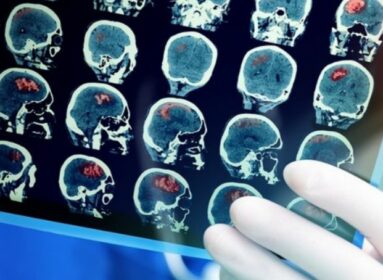



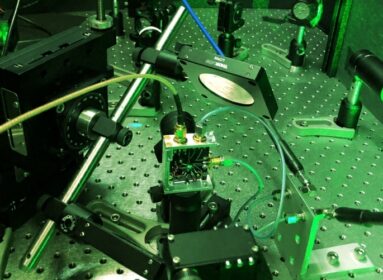





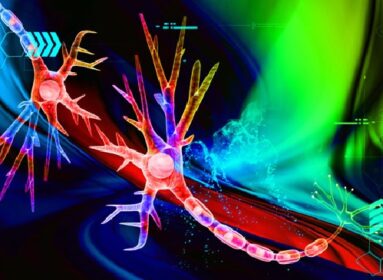
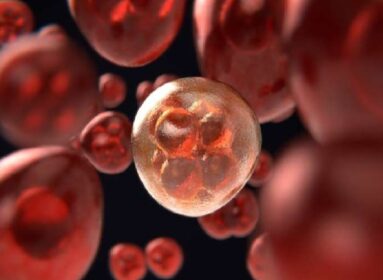
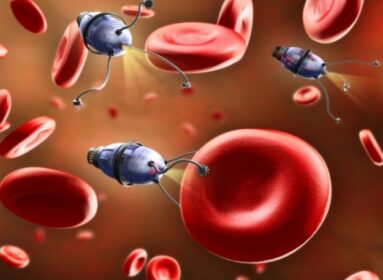


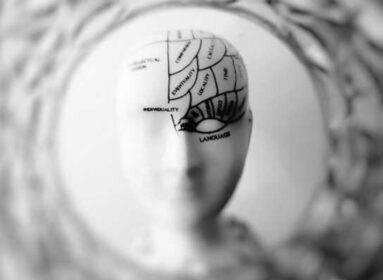









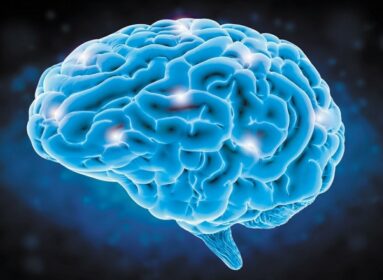





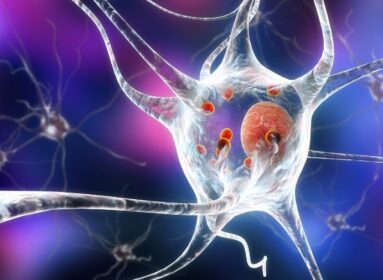

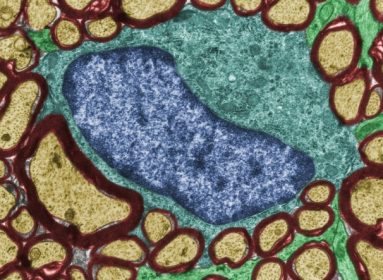

























Comments are closed.